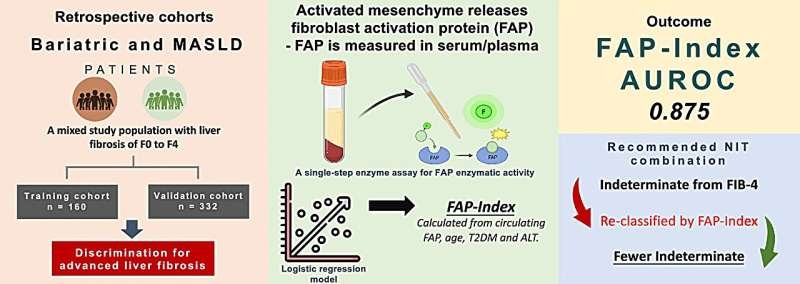Interleukin-8 Predicts Outcomes for Pediatric Septic Shock
By LabMedica International staff writers
Posted on 27 Aug 2008
Measurement of an immune system protein, interleukin-8 (IL-8) within 24 hours of a child being admitted to a hospital for septic shock has been shown to predict survival.Posted on 27 Aug 2008
IL-8 is secreted into the blood as part of the body's immune system response, the chief defense mechanism against infection-related conditions such as septic shock. Previous research has demonstrated that higher blood levels of IL-8 are associated with more severe cases of pediatric septic shock and a greater chance of death. That work also pointed to the potential value of IL-8 as an early diagnostic marker of systemic bacterial infections.
A new study by the same team reported an IL-8 blood level at or below 220 pg/ml should allow doctors to predict with 95% accuracy which of the children with septic shock can survive through conventional antibiotics and therapies for at least 28 days following admission. In addition, measuring IL-8 levels would make it possible to screen lower risk patients out of interventional clinical trials of experimental therapies.
Because the reagents to measure IL-8 are available and blood samples can readily be obtained from patients, Dr. Wong, professor of pediatrics at the University of Cincinnati College of Medicine (OH, USA), is looking to develop a point-of-care test that can be used to detect the IL-8 biomarker in septic shock patients, especially patients being considered for clinical trials.
The study was reported in the August 1, 2008, issue of the American Journal of Respiratory and Critical Care Medicine.
Related Links:
University of Cincinnati College of Medicine














